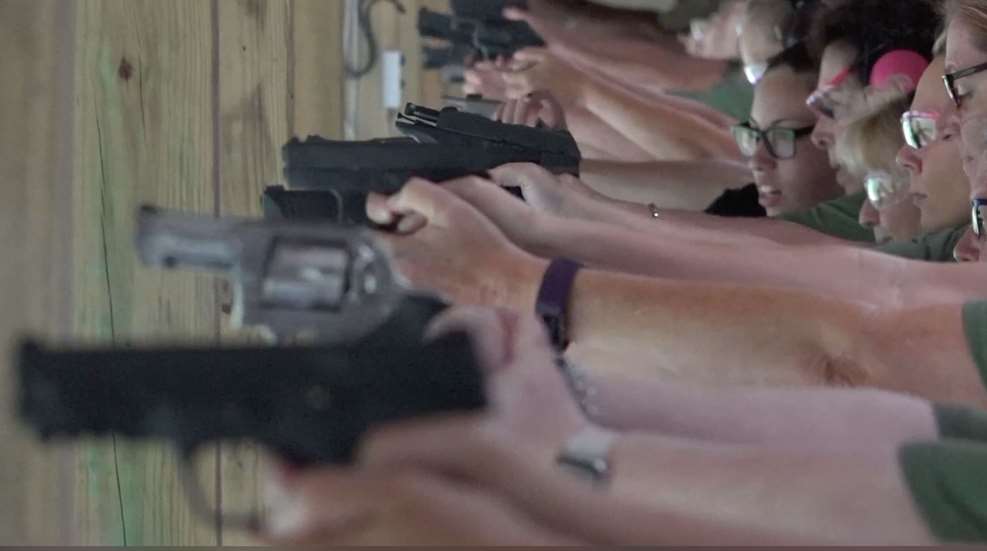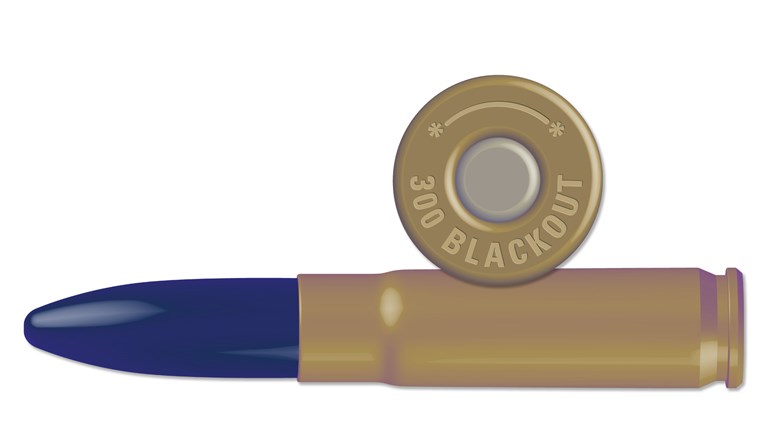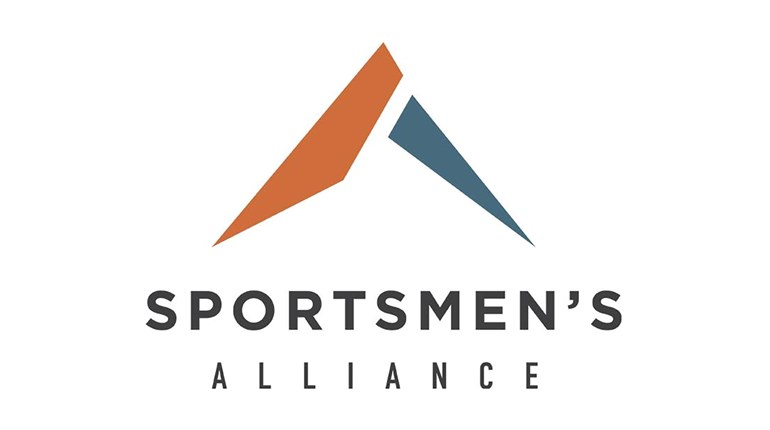
For several years now I have been teaching basic pistol classes. I have seen many students, male and female alike, struggle with learning new skills. Beginner students tend to focus as much on watching others as focusing on their own efforts. As with most new skills, we can learn a lot from watching others. However, in a class of all beginners (especially if they are nervous), it may not always pay off to watch your neighbor. As an instructor, I try to get students focused on their own tasks and successes, which can be difficult at times.
Focusing on others’ successes and being intimidated rather than inspired is called Ego Orientation. This is where you base your own success on the social response to your performance. When we have ego orientation, we tend to be concerned with winning trophies, doing better than others or receiving praise from others. The alternative approach is Task Orientation, where we are focused on our own performance and improvement. What if you scored your best ever on target accuracy and speed, but came in with the lowest score in the class/competition? Is this a success? Well, that depends on if you are focused on ego or task.
Ego orientation tends to be the most anxiety-provoking perspective, and also does not always improve or support good sportsmanship. When we judge our performance against others, we can develop ego avoidance behavior. This could also be called a fear of failure, fear of coming in last, a fear of looking incompetent, etc. When teaching beginner students, this ego avoidance behavior can make learning much more difficult than it has to be. When developing a brand new skill, boldness and a sense of adventure or curiosity can be much more effective and fun than avoiding failure. Of course, this doesn’t just apply to beginners or new skills. It is no different when honing already developed skills and encouraging best efforts at the range, in competition or during a hunt.
The urge to compare ourselves to others or to set standards around us is strong.
The urge to compare ourselves to others or to set standards around us is strong. We are bombarded every day with advertising and rules or policies that insist we do just that. Our society rewards winners and doesn’t always acknowledge individual improvements. But being anxious about how we compare or avoiding failure does not always improve performance. It introduces distracting elements that can interfere with our performance and maybe even worse, lessen our enjoyment. Being task oriented can lessen anxiety, improve effort and motivation, and increase our enjoyment.
If you are learning new skills and especially if you are teaching new skills, try staying task focused. That’s not to say that we should avoid competitions, because learning to compete is also about learning new skills and honing old ones. We can maintain a task orientation even in competition by focusing on our own performance/improvements/learning than what our competitors or fellow students are able to do. Avoid anxiety by cheerleading for yourself. When teaching beginner students, I love hearing the exclamation, “I did it!” even when that student may be the least skilled in the class.
Let learning be the reward, encourage yourself, and have fun!
About the Author: Samantha Mann, MA, is a WV Licensed Psychologist, Licensed Professional Counselor WV, and Nationally Certified Counselor. Raised in West Virginia, Samantha was the youngest of six grandchildren (and the only female) who were raised to love the outdoors and hunting. She has hunted from Texas to Africa, and believes that while Superman gets his power from the sun, her power comes from the outdoors. Samantha lives in southern West Virginia with her supportive husband, who doesn’t mind showing off her trophies to his buddies. She balances her time in the office helping others with time in the outdoors, focusing much of her career on helping children and adults who have been abused, neglected and mistreated.















































